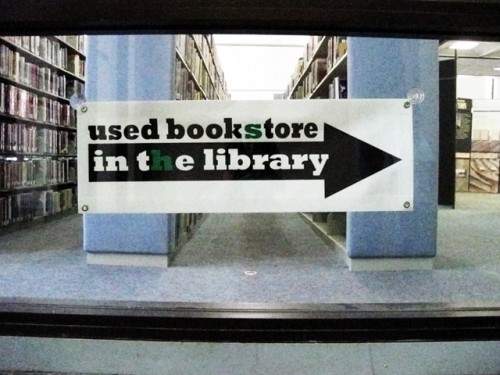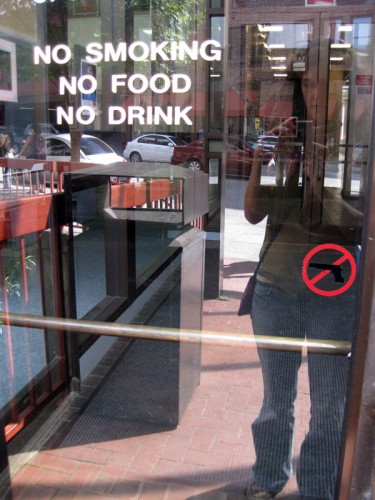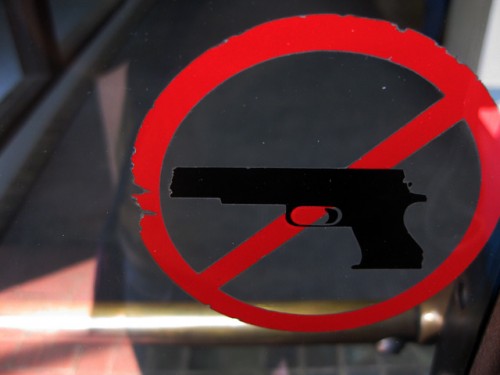Yes, I’m reading the current issue of Feliciter this weekend and updating myself on all the things I didn’t know about “copyright reform”. The scariest thing so far would be ACTA, the “Anti-Counterfeiting Trade Agreement”. Canada has been in negotiations since 2007 with the objective of “put[ting] in place international standards for enforcing intellectual property rights in order to fight more efficiently the growing problems of counterfeiting and piracy” (see: FAITC).
What’s wrong with that? A2Knetwork summarizes a few of the main concerns for consumers, such as authorizing Internet Service Providers (ISPs) to “snoop on their clients and cut them off the Internet if sharing copyrighted files is alleged“. Yes, you read “alleged”.
Don’t blame the ISPs for wanting to snoop, though, because ACTA would also make ISPs liable for hosting illicit content (I guess the equivalent of making Bell Telephone accountable for crimes organized over the phone lines?). A2K claims that ISP liability “leads to Internet filtering”, and it’s not hard to see why. Not yet scary enough though…
ACTA would also “authorize border guards to search laptops and MP3 players and to seize them if they contain material that could seem to infringe on copyright” (see: A2K Joint Declaration on ACTA). Nice touch, if privacy rights are worth sacrificing for the music industry and Hollywood.
More evidence that ACTA is being written to protect industries, not consumers: “certain American industries have had access to ACTA documents, while the European Parliament and consumer groups have been refused such access” (see A2K again).
Next up on my reading list is Micheal Geist’s “ACTA Guide“.



